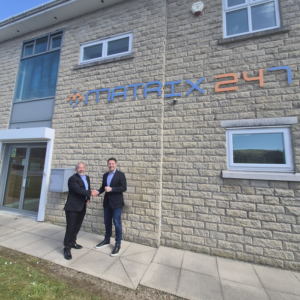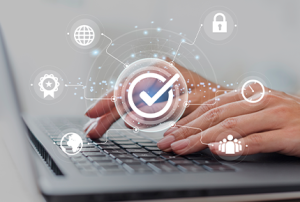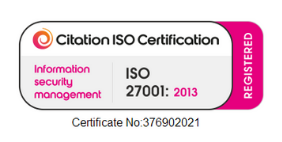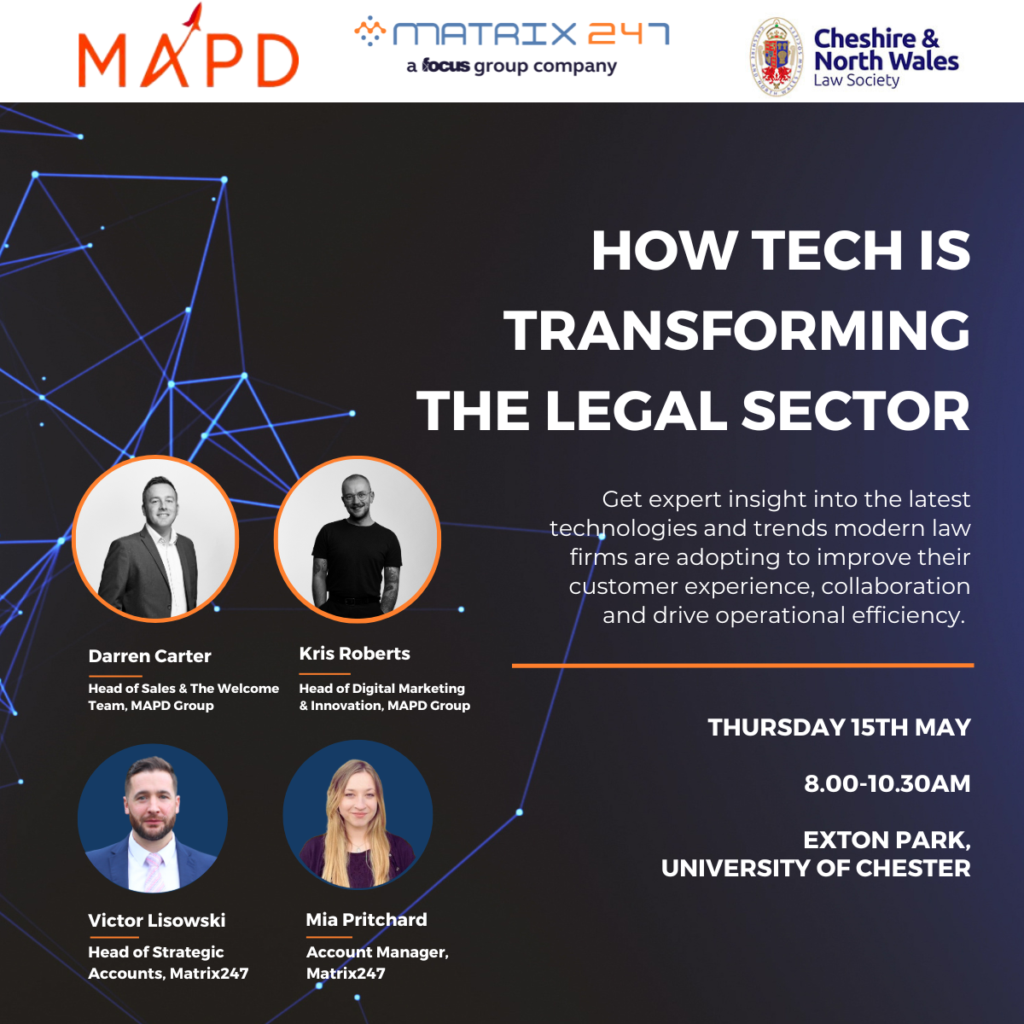Why Multifactor Authentication (MFA) Is Important
It is no longer a matter of if, but question of when, as all businesses are at an increasing risk of falling victim to a cyberattack. Whilst the types of attacks are evolving, businesses must be taking continuous steps to reduce their cyber risk.
Most businesses understand this and remain ahead of the curve, but some are still lacking simple security controls such as multifactor authentication.
We’ll explain what multifactor authentication (MFA) is, and why it is essential for businesses of all industries and size.
What is Multifactor Authentication (MFA)?
Multifactor authentication, known as MFA for short, is a cyber security method that requires the user to provide two or more forms of identification to log into an account, website or application.
Rather than just asking for a simple username and password, MFA requires stronger identity and verification. These forms of identification typically include something the user knows (such as a password or PIN), something the user has (such as a code sent to a trusted device or within an app, or hardware key) or something that the user is (such as biometrics information, including fingerprints or facial recognition).
If you enable MFA across your business, an employee will enter their username and password into an application or service, and then it will ask for the second authentication method. If they are using an authentication app on their phone it will provide a 6-digit number they must enter to access their account.
Some businesses have even removed the need for passwords altogether, only using the identification methods of something a user has and something that they are. This will not only enhance your businesses cyber security but encourages employee awareness and accountability too.
Benefits of Multifactor Authentication (MFA)
Strengthens Security Controls
Ultimately, MFA is important for all businesses because it will strengthen your security controls. In 2024, 50% of UK businesses had experienced a cyber threat or security breach, a dramatic increase from previous years.
Whilst multifactor authentication will not completely stop a cyberattack or potential loss of data, it does significantly reduce the chance of a phishing attack being successful in compromising a user’s account.
Phishing attacks are by far the most common type of cyberattacks, they will typically include a malicious link that will take the user to a false sign-in page. Even if an employee was to click on the link and enter their username and password if multifactor authentication is enabled, the hacker will have the username and password, but they will not have the second form of authentication.
Protects Against a Variety of Attacks
Whilst multifactor authentication can heavily protect against common phishing attacks, it can also prevent a variety of other cyberattacks.
We see too many times, employees reuse passwords across multiple accounts. Yes, we all know it can be a headache to remember multiple passwords, but you are at risk of falling victim to what is known as a credential-stuffing attack. This form of attack is where a hacker will find user credentials, typically through prior data leaks, and use these usernames and passwords to access other accounts. If an employee has reused the same password, these attacks have a high success rate. Thankfully, they can easily be mitigated with the use of MFA, as the hacker does not have access to the second form of authentication.
Meets Regulatory Requirements
In order for businesses to achieve their Cyber Essentials certification they must implement MFA on administration accounts, and any accounts that are accessible via the internet.
If your business needs to be industry standards approved, multifactor authentication is a necessity. For example, the PCI-DSS (Payment Card Industry Data Security Standard) requires businesses to have MFA enabled for remote access to the cardholder data environment.
Most insurance companies will require businesses to implement multifactor authentication on all accounts to qualify for cyber insurance.
Improves the User Experience
Whilst it may seem counterintuitive that adding another step to logging in will improve the user experience, multifactor authentication can be, and we’d recommend it to be, implemented alongside single sign-on to both improve security and the user experience.
Single sign-on, or SSO, is another security control method that allows employees to authenticate credentials once to access all the systems and apps required for their role. Essentially removing the headache of remembering multiple passwords as we discussed earlier.
This increases productivity as it means that employees spend less time entering credentials, and they only need to remember one password and have one method of multifactor authentication. It also strengthens the business’s security as there is no need for employees to reuse the same password across different accounts.
Get Started with MFA
Multifactor authentication is essential for businesses of all sizes, within all industries. However, many businesses do not have the required expertise to implement MFA correctly, especially if they want to use SSO or other cyber security controls alongside them.
It is also important to note that MFA is not the only security control required to protect your business from cyberattacks. We can help protect your entire IT ecosystem with comprehensive security solutions, tailored to your business needs.
Often, businesses consider seeking our support with achieving Cyber Essentials or Cyber Essentials Plus as a foundational step towards protecting our business, employees, and customers.
Get in touch with us now and see how we can help.
Latest Blogs News Articles Events

Matrix247 has been acquired by Focus Group
Focus Group, a leading provider of business technology, has acquired Matrix247 to strengthen comms and managed IT portfolio.

Top IT trends for SME’s in 2025
By leveraging advanced technology, SMEs can improve operational efficiency, gain a competitive advantage, and provide quality customer experiences despite the ongoing difficulties.

Cloud Phone System Alternatives
There are alternatives to cloud telephony, which are typically based on older technologies as many businesses haven’t made the switch to modern communication methods.




